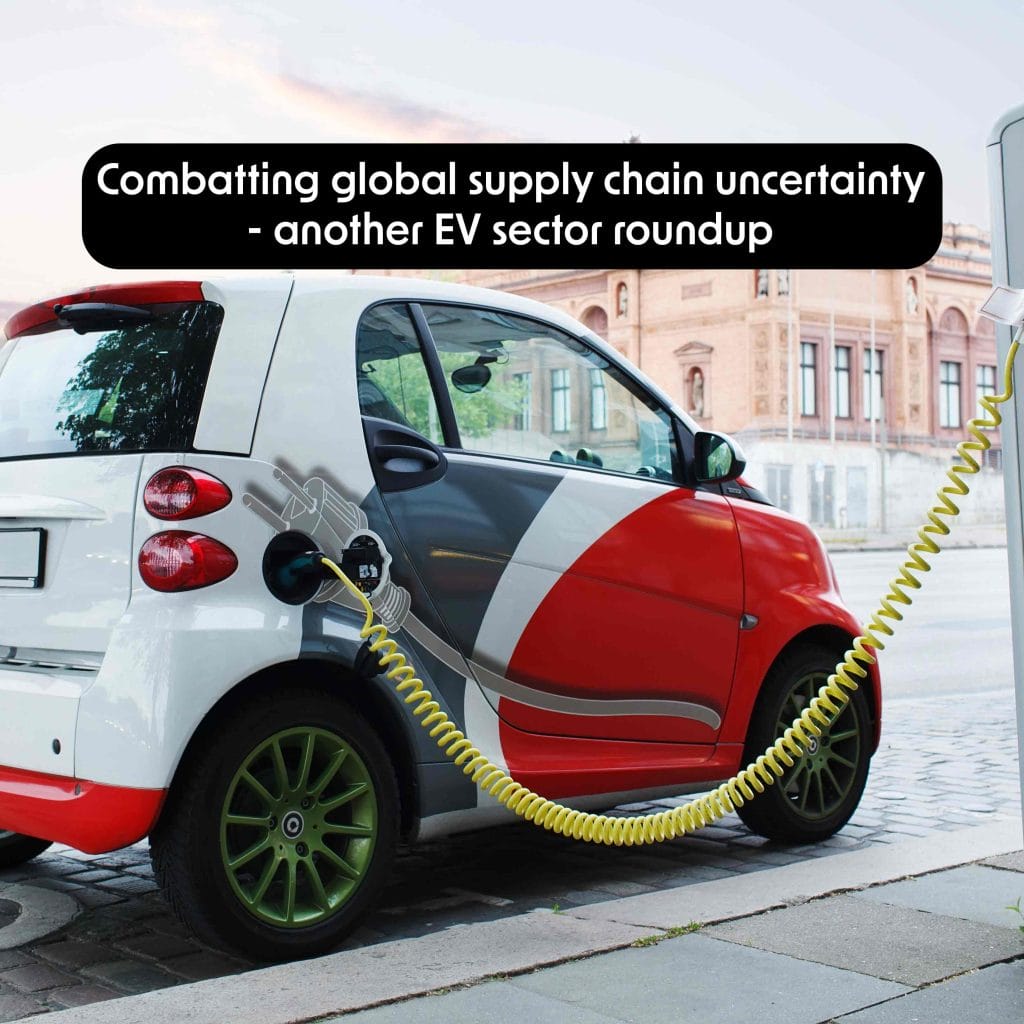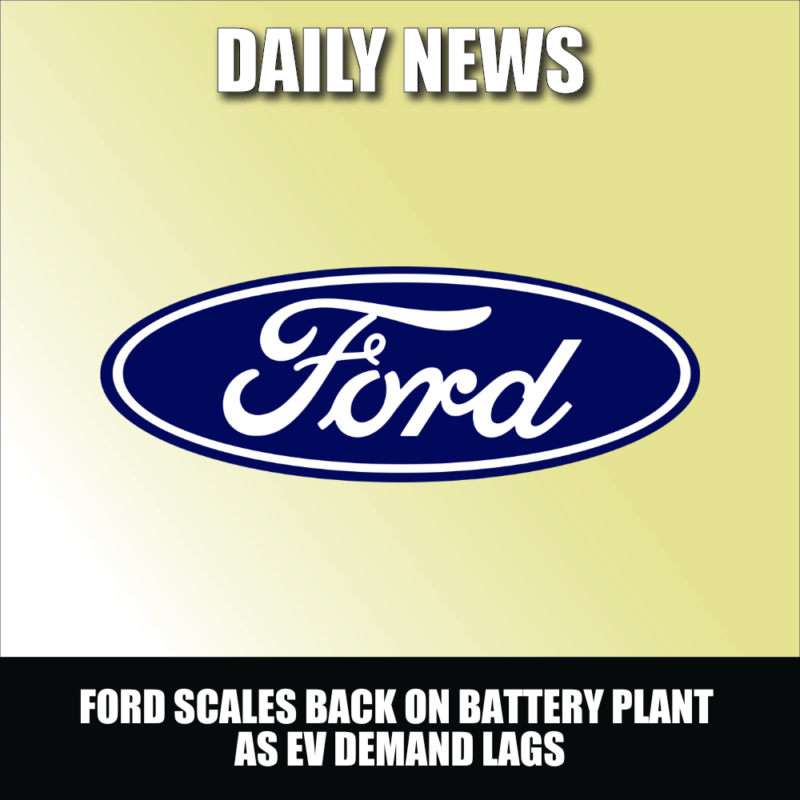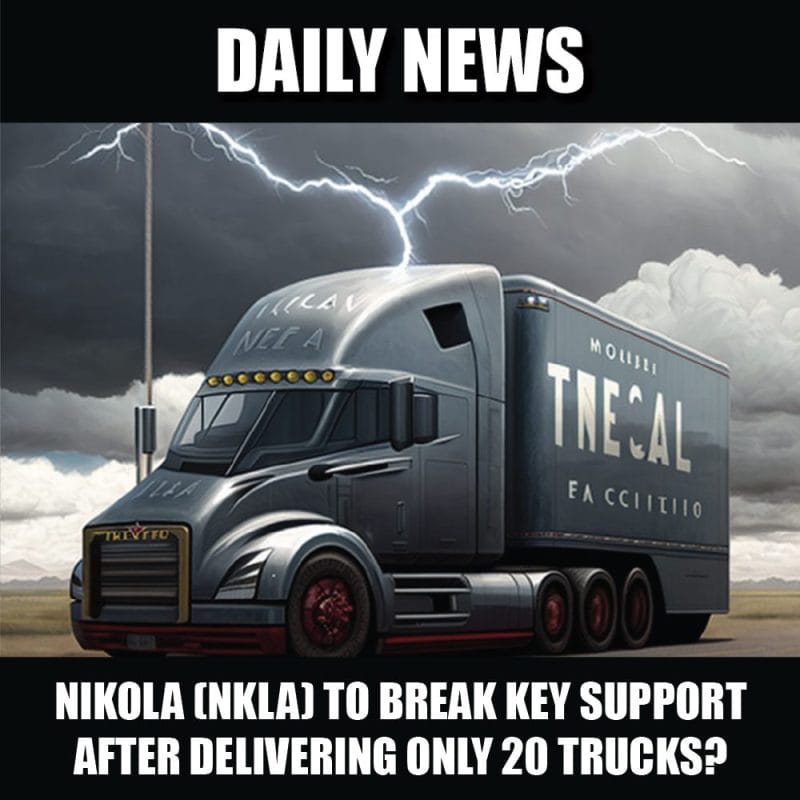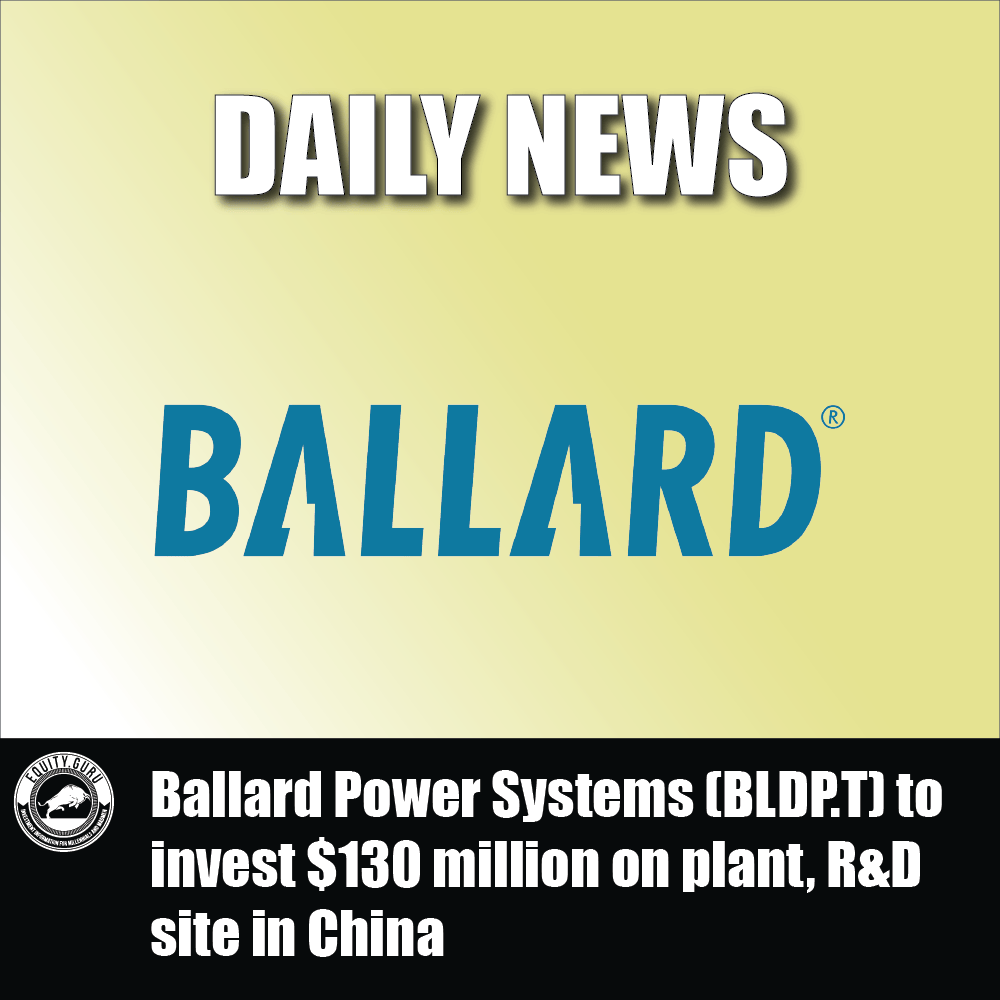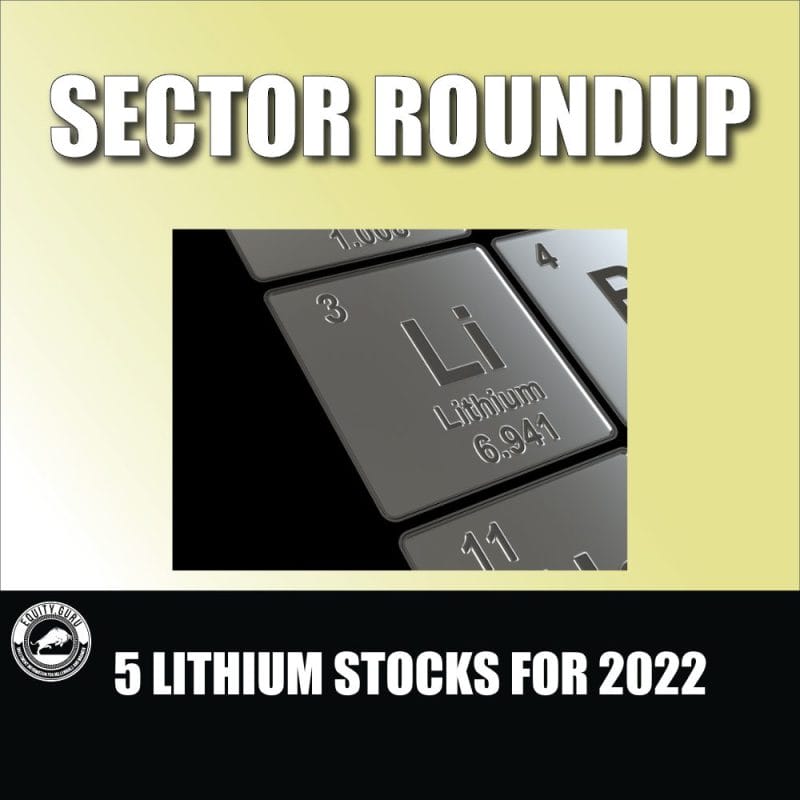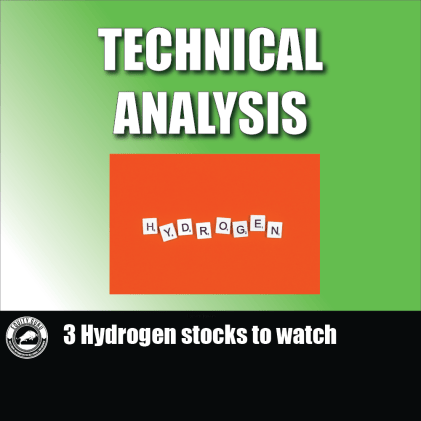Rising geopolitical tensions such as Chinese trade tiffs and Russia’s regional colonialism is threatening to extend global supply chain uncertainty indefinitely. Manufacturers once bragged about the size of their supply chain networks, but as globalization’s chickens have come home to roost, the need to shore up your supply chain with domestic partners has become paramount.
This concept was most recently illustrated by Nikola’s (NKLA.Q) strategic, multi-year supply agreement with battery developer, Proterra (PTRA.Q).
The deal called for Proterra’s product to be incorporated into the Nikola Tre battery-electric vehicle (BEV) and Tre fuel cell electric vehicle (FCEV). The resultant Proterra Nikola semi-trucks are expected to commence production in Q4 2022.
Nikola’s announcement serves two purposes:
- Brings battery production for the company’s BEV and FCEV Tre trucks back to safe domestic jurisdictions
- Acts as public relations fodder to distance the EV manufacturer from recent figurative and literal trials
Nikola’s exuberant founder and Chairman, Trevor Milton, gave the company a massive black eye, that is still contends with. According to the press release from the U.S. Attorney’s Office for the Southern District of New York, Milton was accused of:
- false and misleading statements that the company had early success in creating a “fully functioning” semi-truck prototype known as the “Nikola One,” when MILTON knew the prototype was inoperable;
- false and misleading statements that Nikola had engineered and built an electric- and hydrogen-powered pickup truck known as “the Badger” from the “ground up” using Nikola’s parts and technology, when MILTON knew that was not true;
- false and misleading statements that Nikola was producing hydrogen and was doing so at a reduced cost, when MILTON knew that in fact no hydrogen was being produced at all by Nikola, at any cost;
- false and misleading statements that Nikola had developed batteries and other important components in-house, when MILTON knew that Nikola was acquiring those parts from third parties;
- false and misleading claims that reservations made for the future delivery of Nikola’s semi-trucks were binding orders representing billions in revenue, when the vast majority of those orders could be cancelled at any time or were for a truck Nikola had no intent to produce in the near-term.
The accusations lobbed by Hindenburg Research on September 10, 2020, kneecapped the company’s market value and share prices dropped over 63% to $11.87 USD by the time Milton was freed on $100 million dollar bail after pleading not guilty on July 29, 2021.
On top of some retail shareholders losing their life saving’s, Nikola also lost a key equity investment deal with GM who dialed back their contractual commitments to the allegedly fraudulent EV semi-truck manufacturer to a limited memorandum of understanding. The stock bombed.

Nikola has limped along since under new management desperate to eliminate the stink created by Milton. The new deal with Proterra has lent a certain amount of legitimacy back to the manufacturer which estimated it would only be able to deliver up to 25 Tre BEW trucks by the end of 2021, while its Tre FCEV version remains in testing stage.
The company reported it has set aside $125 million for a potential settlement with the SEC to finally put the Milton matter to bed.
Securing its supply chain is a shaky first step in re-establishing Nikola’s legitimacy as well as ensuring the stability of production if it ever gets to commercial levels.
Nikola currently trades at $7.99 per share for a relatively outlandish $3.25 billion.
Despite the ridiculousness of Nikola, the shift to a domestic supply chain couldn’t come at better time as a 2019 McKinsey & Co report stated the EV battery market in 2018 was dominated by China, Japan and South Korea with less than 3% of the demand being supplied outside those countries.
When most of the world’s cobalt comes from blood-mineral states like the Democratic Republic of the Congo, manufacturers have had to shift designs to limit its use by upping quantities of lithium and nickel in their EV batteries.
However, that presents its own challenges as global lithium production is controlled by Australia, Chile, China, Argentina, Zimbabwe, Portugal, and Brazil. The only way to ensure mining practice standards and availability of the EV supply chain is to secure agreements with domestic producers.
The current EV darling, Tesla (TSLA), has a deal with Livent Lithium (LTHM) to provide lithium hydroxide. However, Livent does no production themselves and coverts lithium carbonate through off-take agreements and sells the end result.
Tesla did sign a lithium supply chain agreement with Piedmont Lithium, a junior developing a lithium project located in North Carolina, but Musk became frustrated when the miner still hadn’t secured a mining permit or feasibility report by last August.
As a result, Musk donned his signature hot pants and toadied up to Ganfeng Lithium, based out of Xinyu, China, inking a three-year lithium supply chain deal.

Ganfeng is the world’s third largest lithium chemicals producer who announced in September that it was on track to produce 81,000 tons of lithium hydroxide from its Mahong plant annually. This increase would make Ganfeng the world’s largest lithium hydroxide producer.
Despite its size, this agreement with Ganfeng could lead to supply chain grief if trade troubles with the CCP aren’t resolved. That said, Musk has firmly ingratiated himself with government officials by building a retail outlet in the controversial Xinjiang territory, deliberately ignoring, and attempting to gloss over the CCP’s genocidal treatment of Uyghurs and other minorities in the region.
Perhaps this will allow the ethic-free auto manufacturer to avoid any supply chain inconveniences as it continues to pump out shoddily assembled product to brain-washed buyers, but I doubt it.
It’s not just EV’s nu-kidz, traditional auto manufacturers like Ford (F) are making major investments in creating domestic supply chains.
The company announced last September that it intended to spend $11.4 billion to shore up its domestic production presence including the construction of three BlueOval SK battery plants in Kentucky and Tennessee, enabling 129 gigawatt hours a year of domestic production capacity for Ford. This investment is on top on the company’s agreement with Redwood Materials on closed-loop domestic battery recycling.
Governments are also getting in on the game of securing supply chain safety. For instance, the European Battery Alliance, co-funded by the European Union, brings together 700 industrial and technological innovation players, from mining to recycling, with the objective of building a strong and competitive battery industry centred in Europe.
Led by InnoEnergy, an internationally recognized facilitator of the energy transition, the organization provides workshops and seminars as well as a business investment platform for key stakeholders along the entire battery value chain.
Canada could benefit greatly from this style of concerted approach. In fact, panelists from the first session of a discussion series hosted by Electric Autonomy Canada back in June, called for government agencies to create a strategy to capitalize on our local technology hubs, mineral deposits, scientists, manufacturers, and consumer markets.
With battery developers like Ballard Power (BLDP.T) based out of Burnaby and ElectraMeccanica (SOLO.Q) located in Vancouver, we have a tremendous pool to draw from for both research and manufacturing. Containing the value within our borders while minimizing the impact of geopolitical instability.
There is no time to waste however, the train is leaving the station and if Canada hopes to become a vital player in its own EV and battery industry, it needs to bring together the talents and resources of industry players from EV manufacturers like GreenPower Motor Company (GPV.V) to domestic explorers like Vision Lithium (VLI.V).
In the end, considering how the world is evolving, domestic supply chains are a necessary factor to a successful EV industry and the quicker we develop those lines, the better off the market, investors and consumers will be. Do you think we will achieve this, or is it a pipe dream? Let me know in the comments.
If you want to learn more about the EV sector in general, I rank about it on a biweekly basis, you can check out my author page here. Please remember to do your due diligence and speak with an investment advisor before making any decisions regarding your portfolio. Let’s make this a better world. Good luck to all!
–Gaalen Engen

